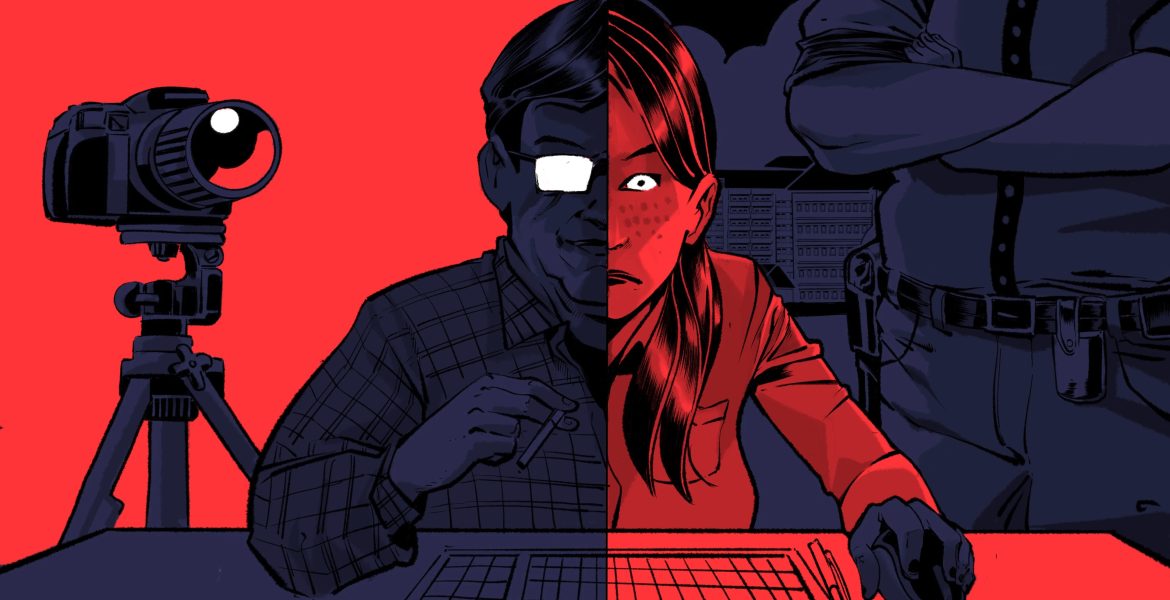According to Delhi High Court, it is sufficient to infer a child’s involvement for any sexually explicit material to be classified as child pornography.
May 14, 2024 2024-07-05 13:00According to Delhi High Court, it is sufficient to infer a child’s involvement for any sexually explicit material to be classified as child pornography.

According to Delhi High Court, it is sufficient to infer a child’s involvement for any sexually explicit material to be classified as child pornography.
By Jeevak Mukherjee
The Delhi High Court recently emphasized that under Section 2(da) of the POCSO Act, any sexually explicit material involving or appearing to depict a child is deemed child pornography, necessitating only a prima facie inference of a child’s involvement. This stands in contrast to the objective criterion under Section 2(d) of the POCSO Act, which determines a child based on age, typically under eighteen years, as per the procedures outlined in the JJ Act. However, for the purpose of Section 2(da), a subjective inference regarding the appearance of persons in sexually explicit material is adequate to classify it as child pornography.
Acting Chief Justice Manmohan and Justice Manmeet Pritam Singh Arora elucidated this observation while exercising suo moto revisional jurisdiction, prompted by a public interest litigation challenging a trial court’s decision to discharge two individuals accused of circulating and storing child pornographic material. Counsel Vakul Sharma represented the petitioner, while Standing Counsel Sanjay Lau represented the respondents. Last year, the Trial Court discharged the accused under Section 15(2) of the POCSO Act, citing the absence of criteria to determine the age of children in pornographic material as a hindrance to invoking the provision.
The PIL, filed by Tulir Charitable Trust, contested this decision and sought guidelines for Trial Courts handling cases involving Child Sexual Abuse Material (CSAM) of unidentified children, online or offline. The High Court declined to frame specific guidelines for POCSO Courts, noting the adequacy of existing legal provisions. However, it found the trial court overlooked the definition of ‘child pornography’ provided in Section 2(da) of the POCSO Act.
Consequently, the High Court, deeming it necessary, invoked its suo moto revisional jurisdiction under Section 397 read with Section 401 Cr.P.C. to register the public interest litigation as a suo moto revision petition, to be heard before a Single Judge as per the roster.
Case title: Charitable Trust vs Union of India & Ors. Delhi High Court.
Citation: W.P.(CRL) 1196/2024 & CRL.M.A. 11560-11561/2024









